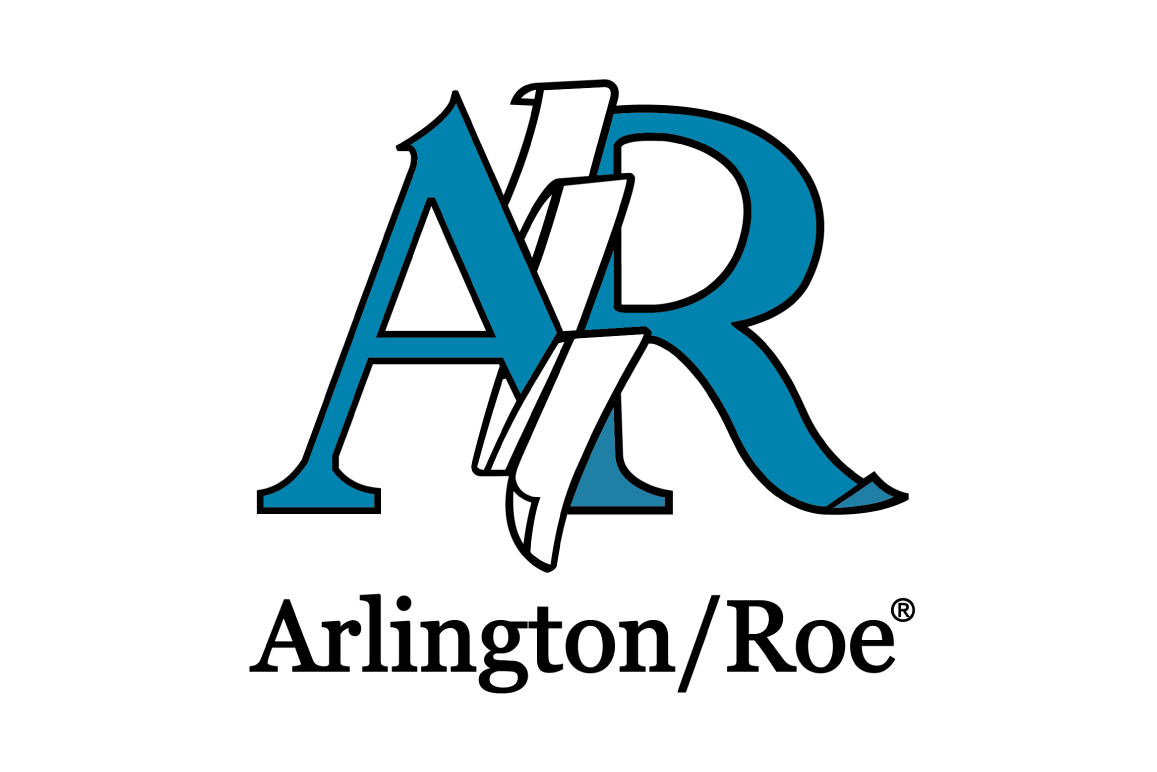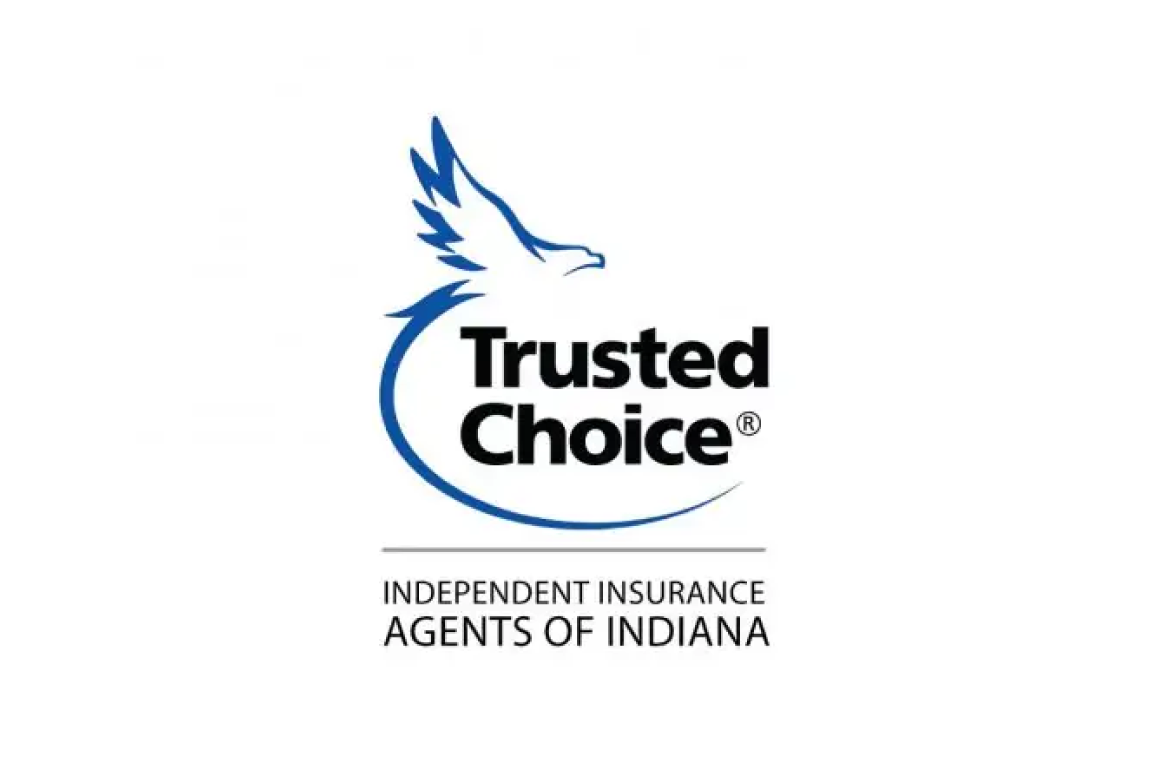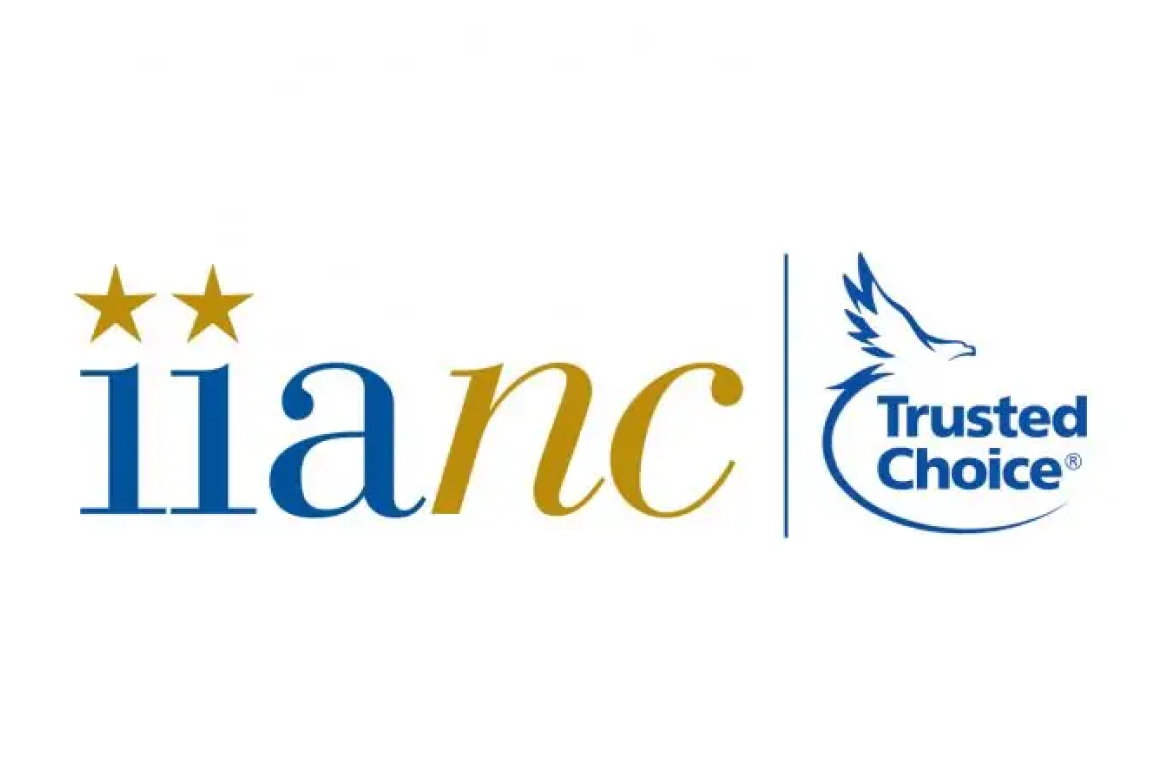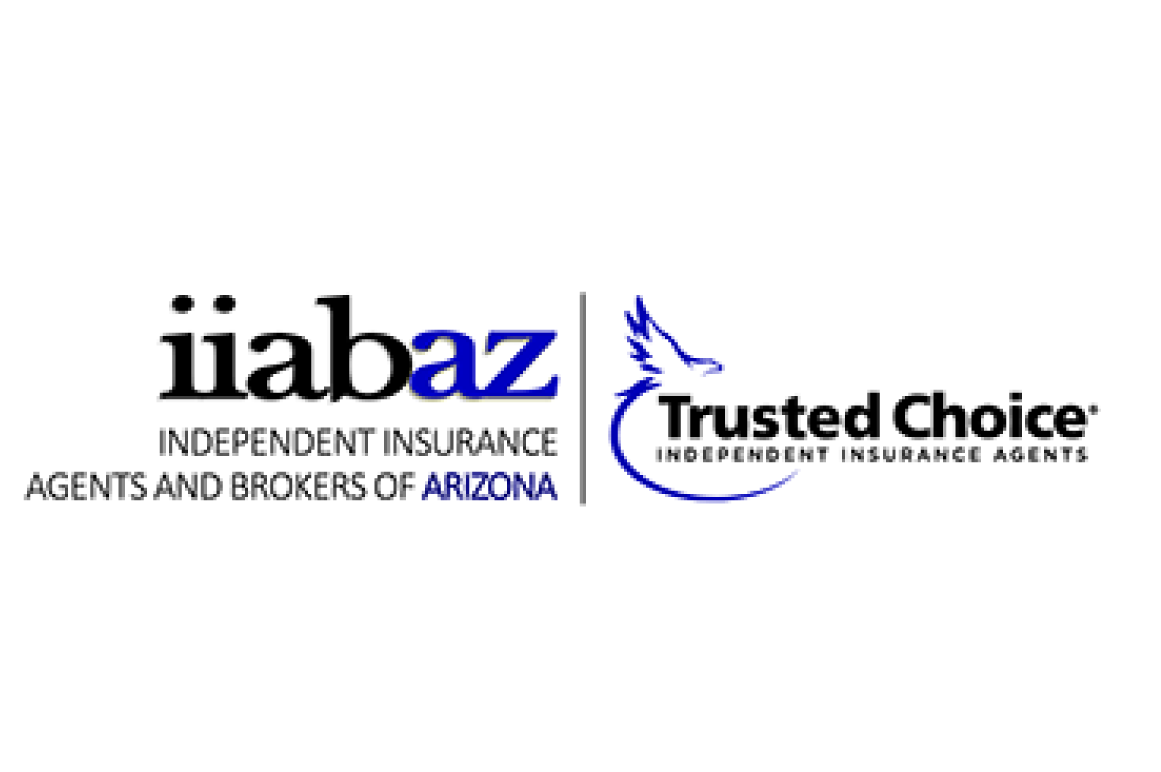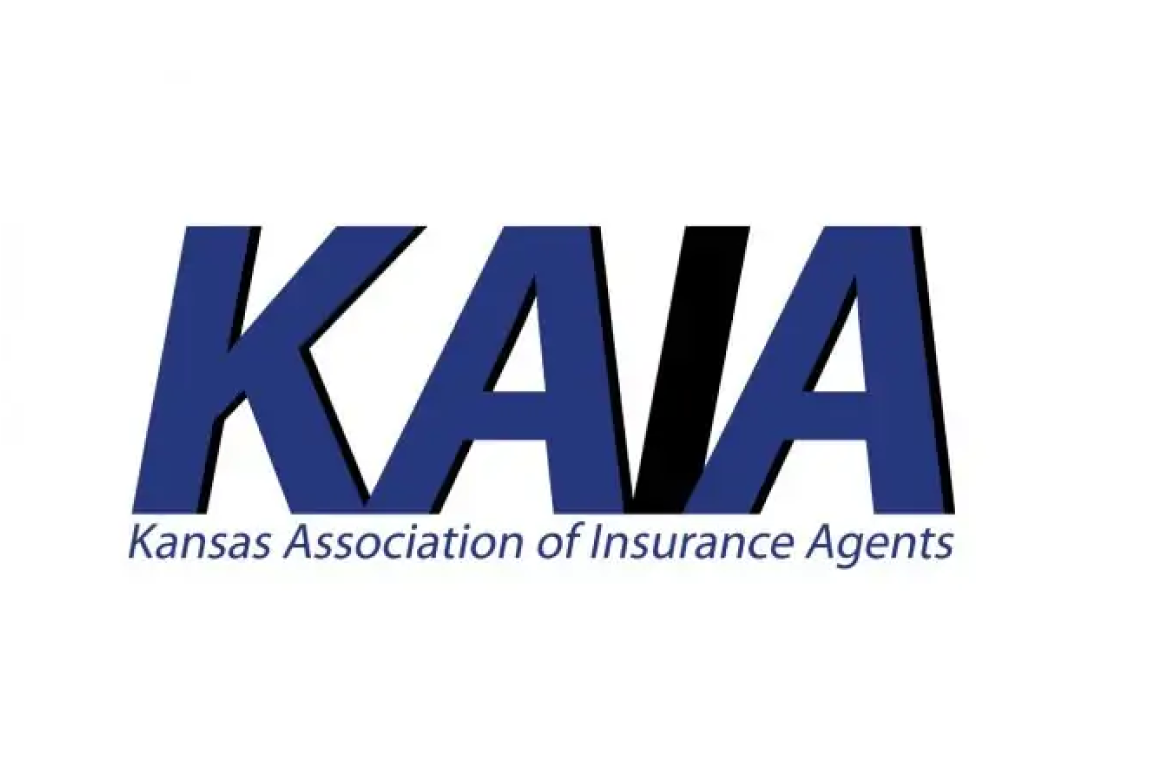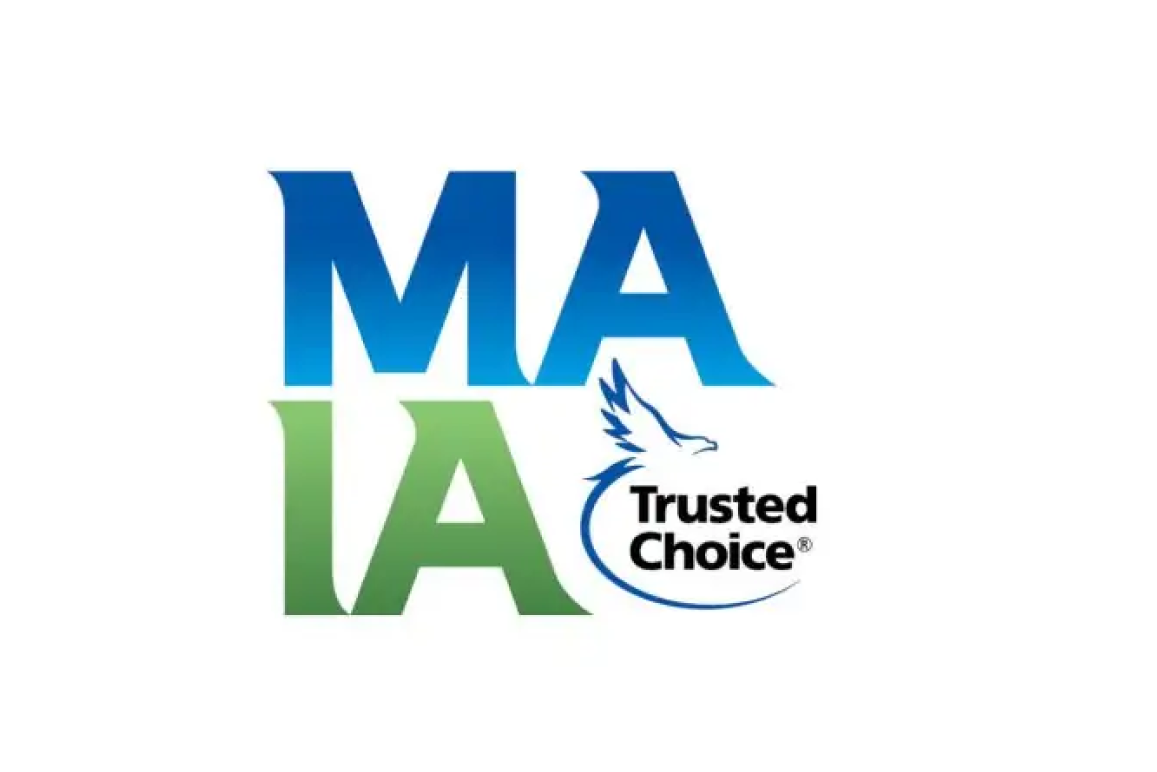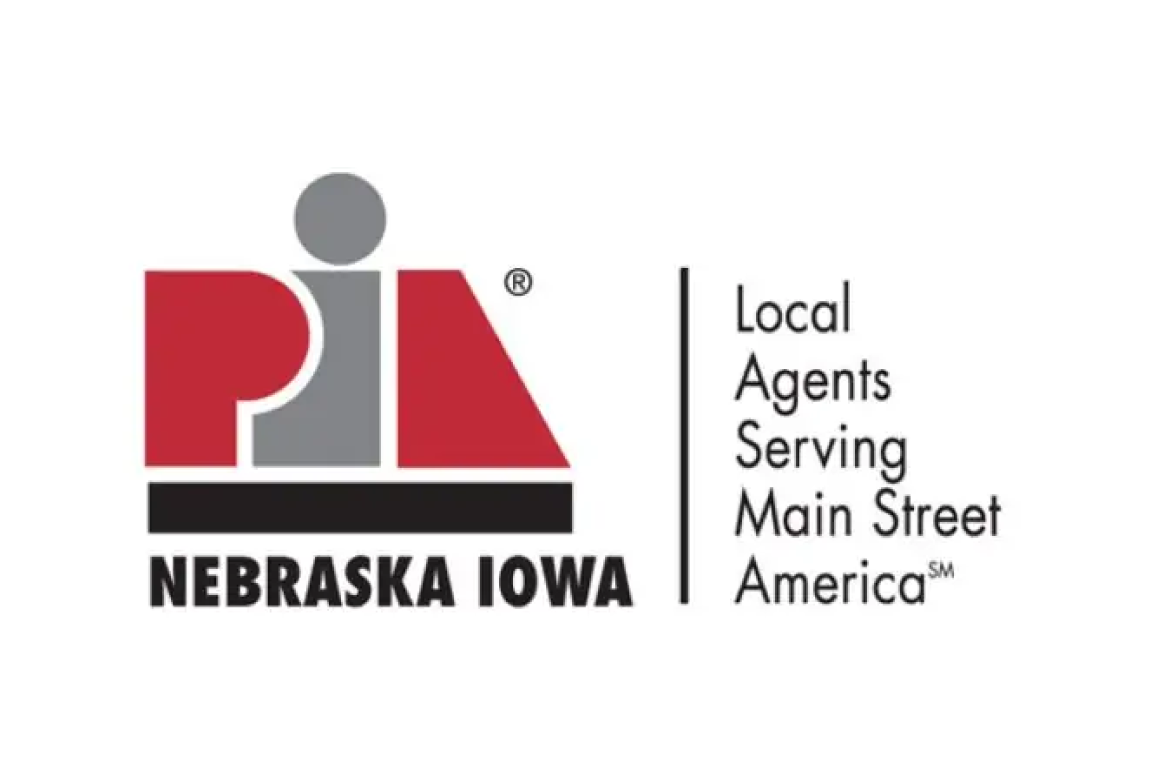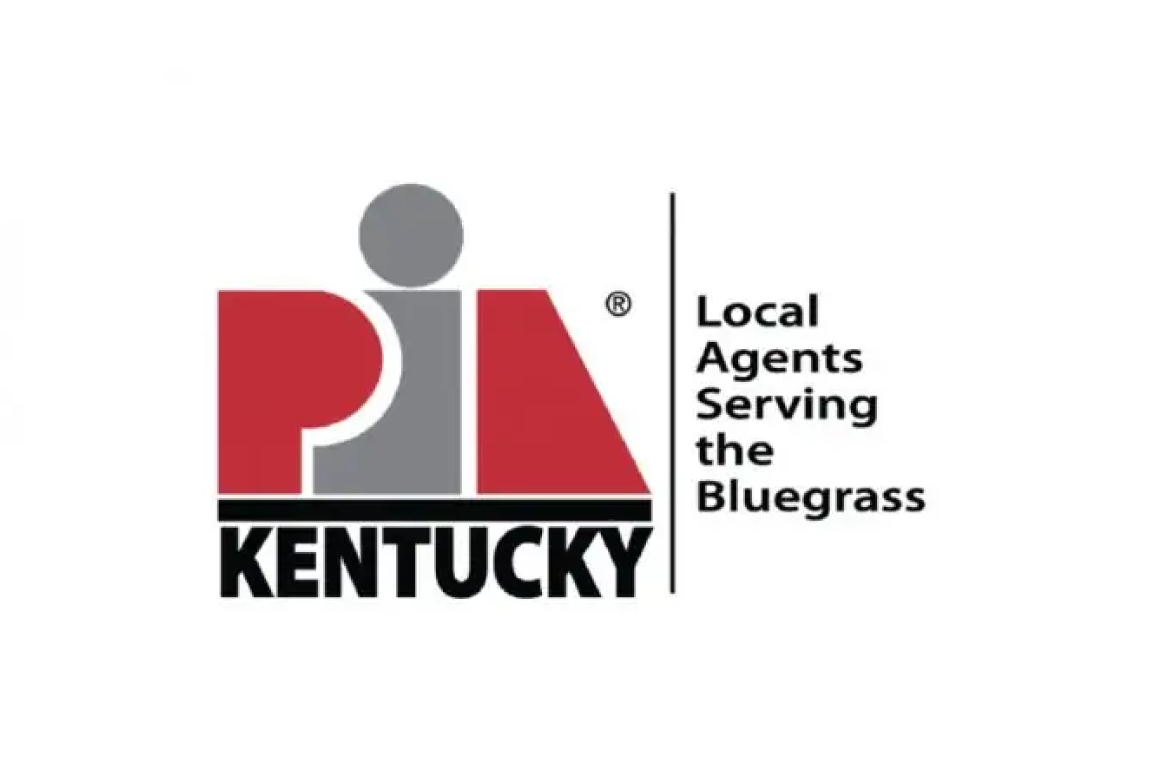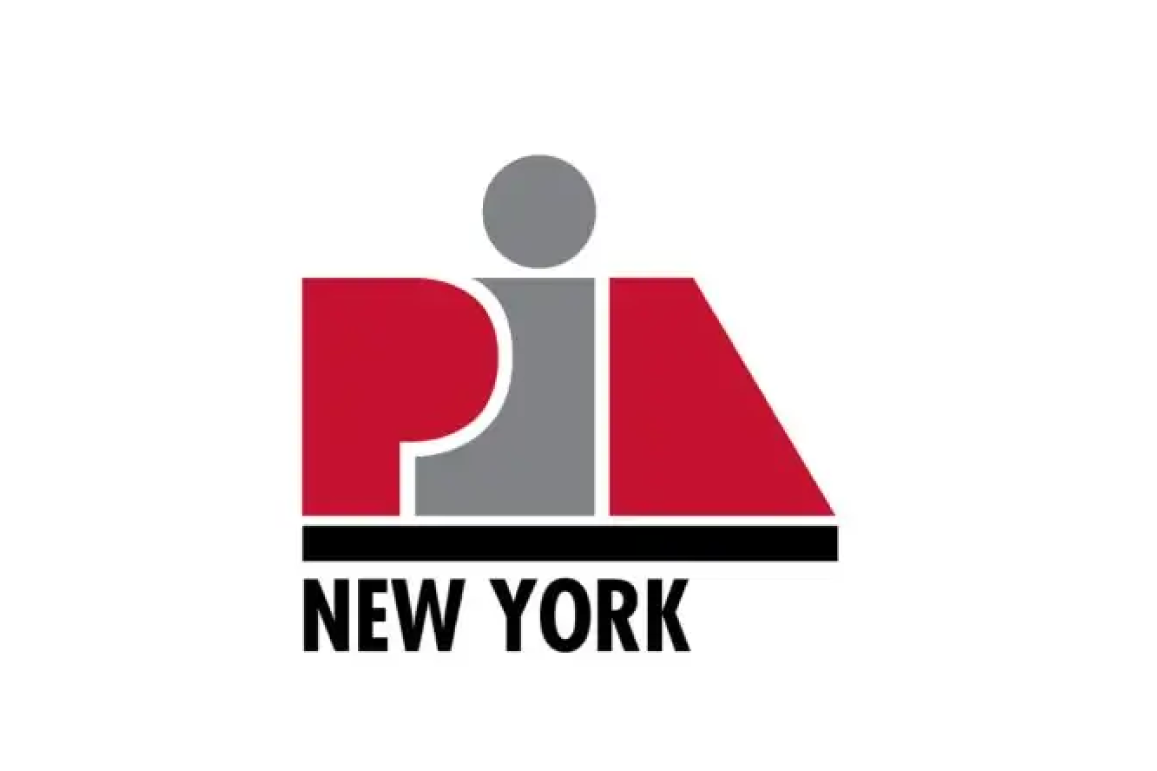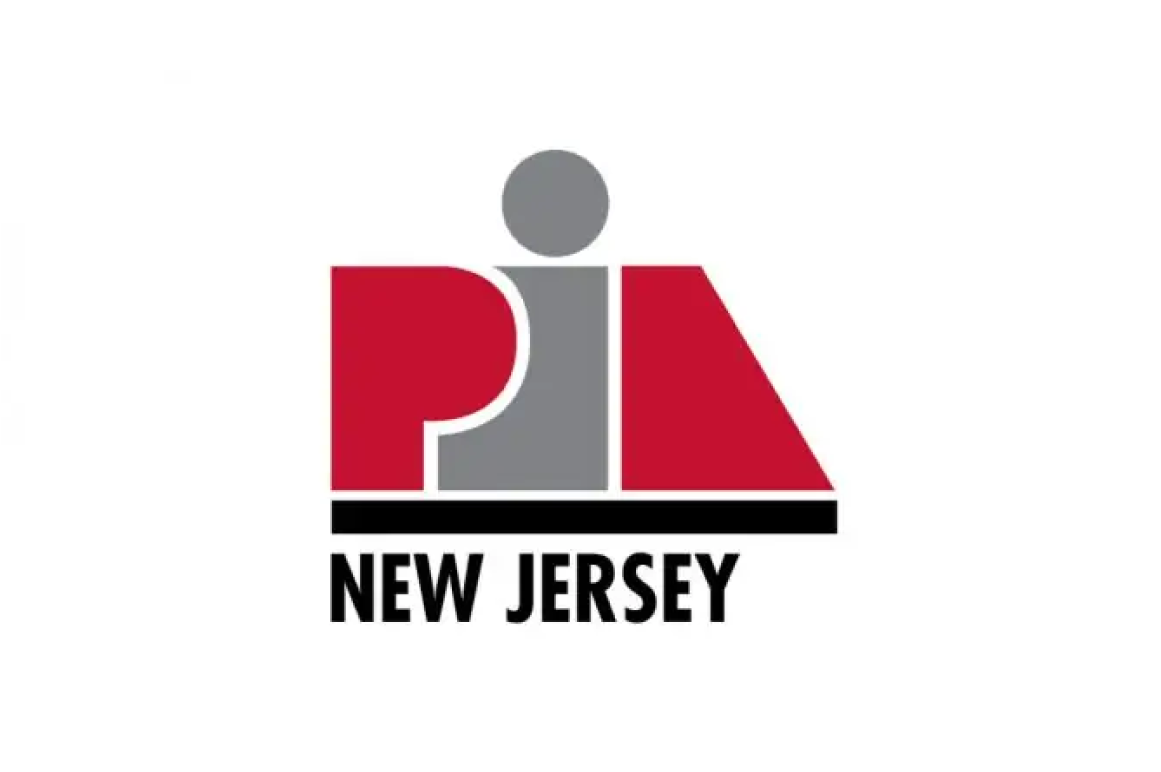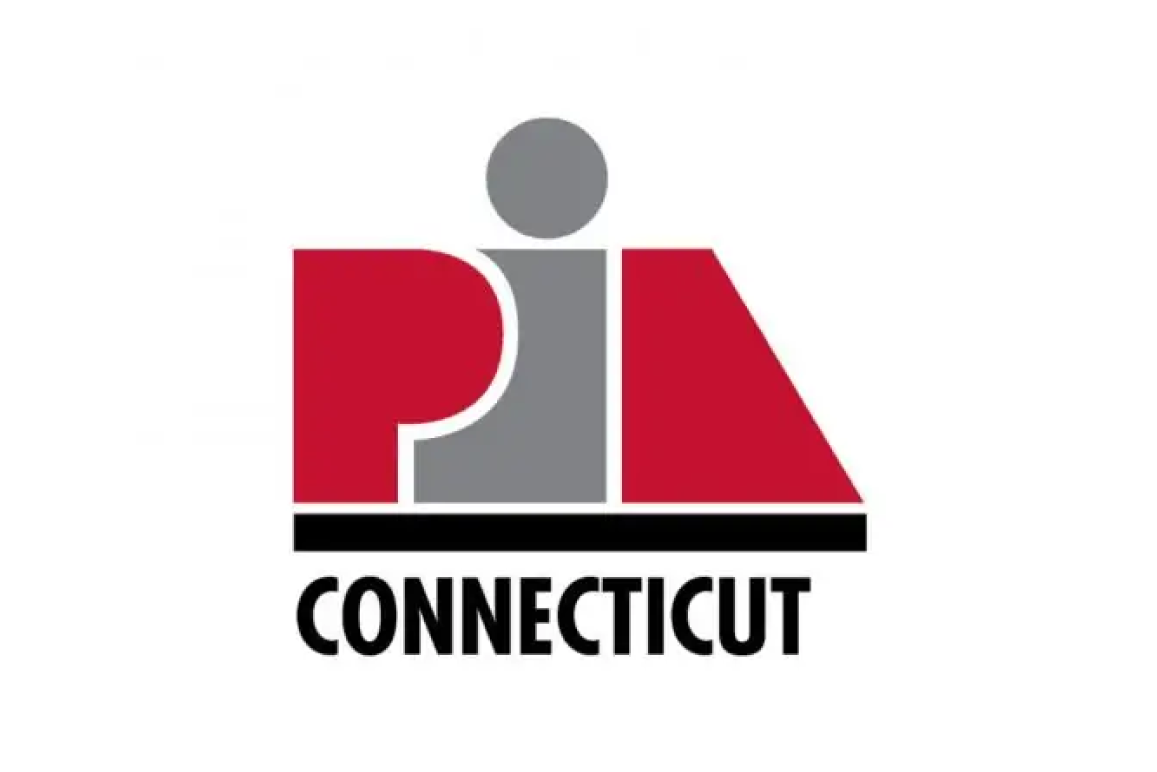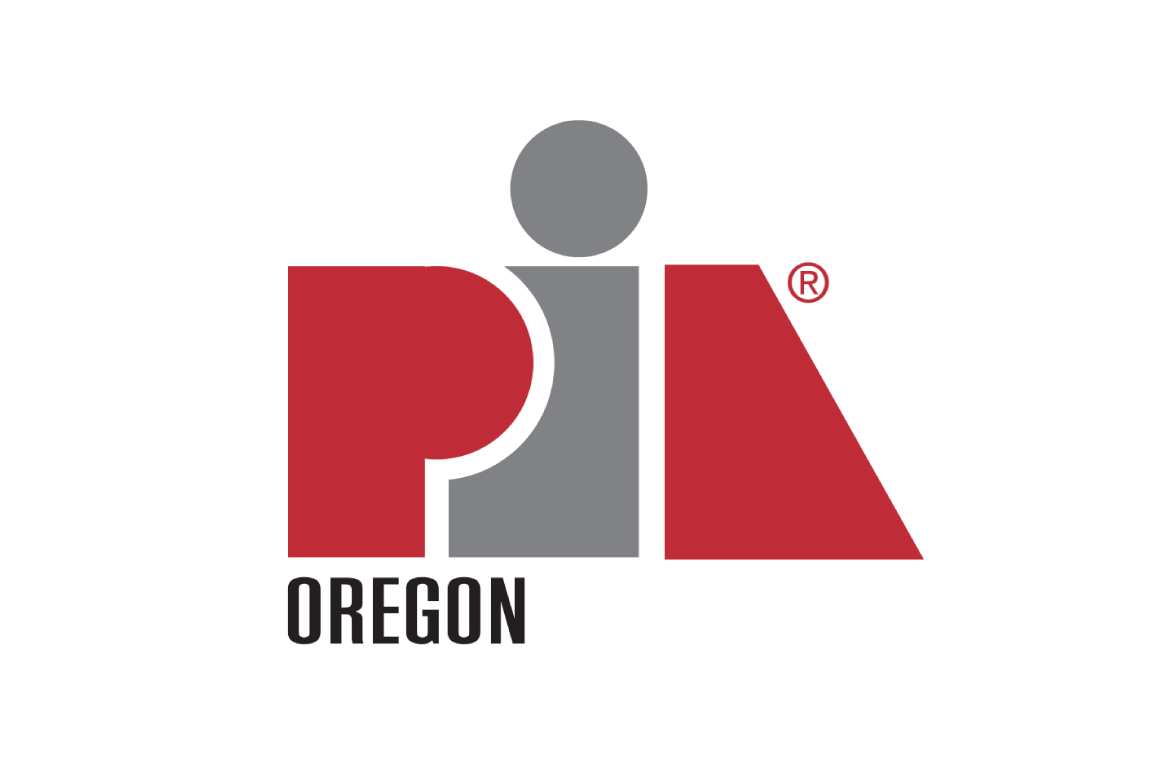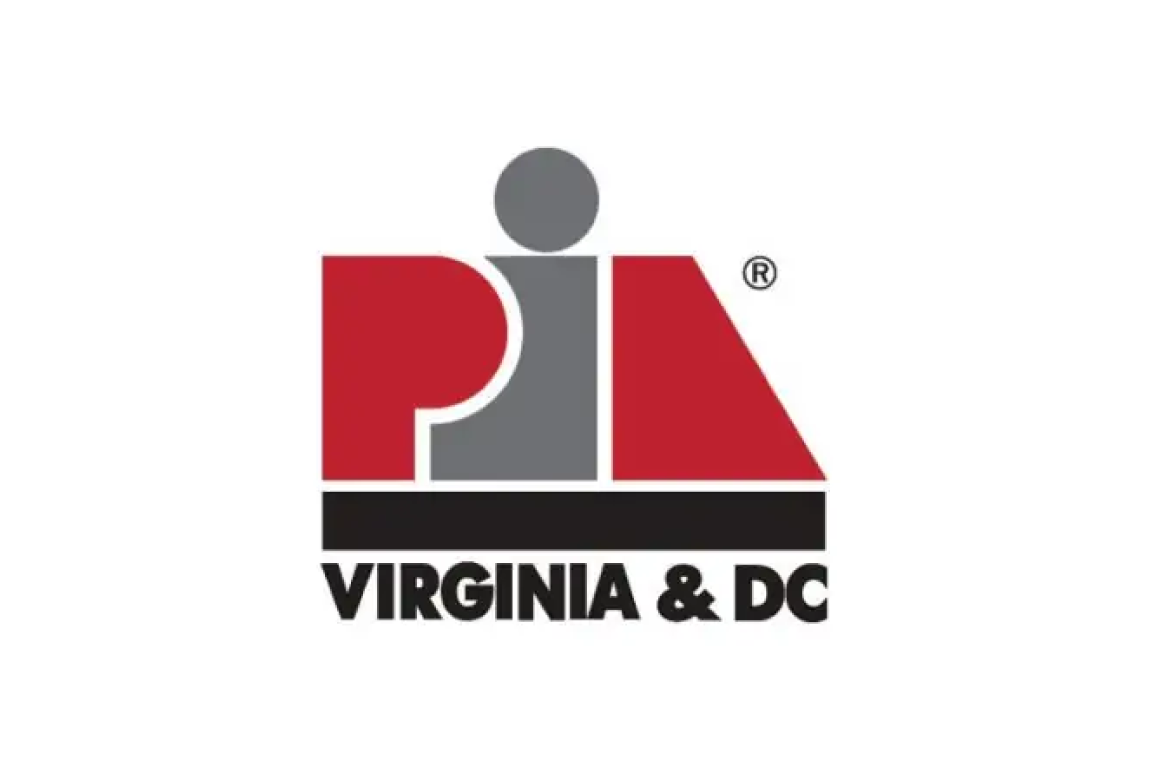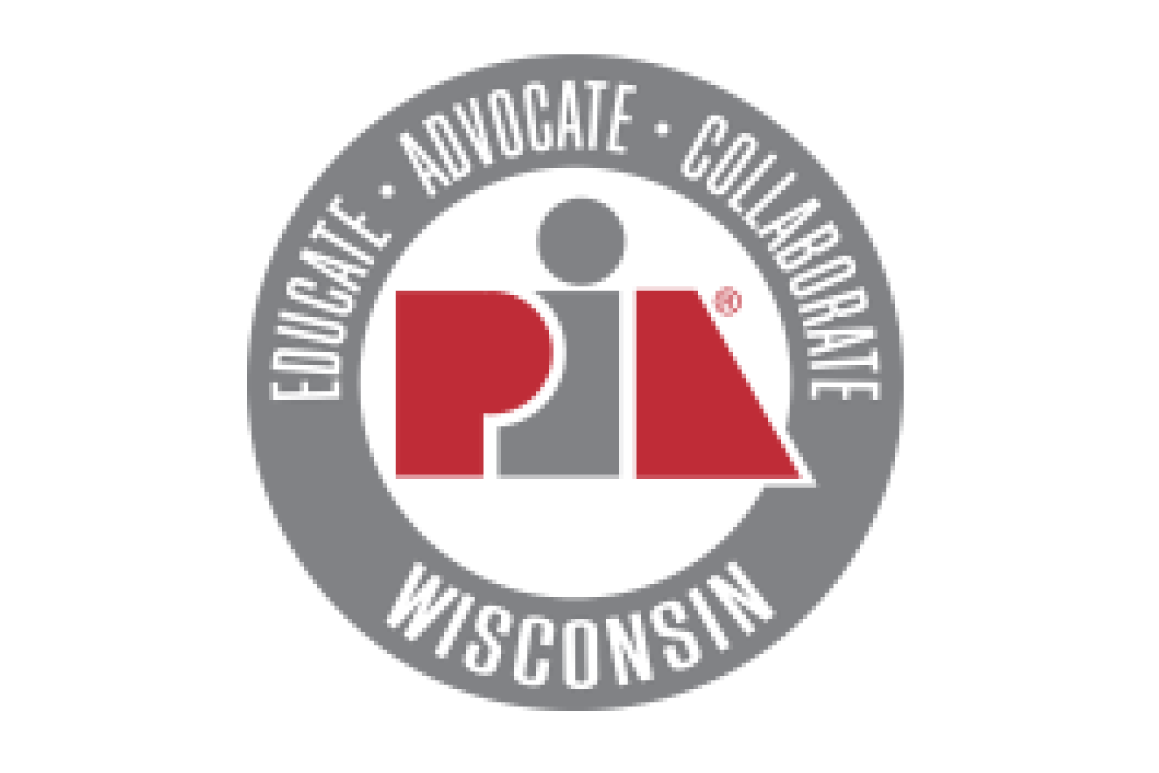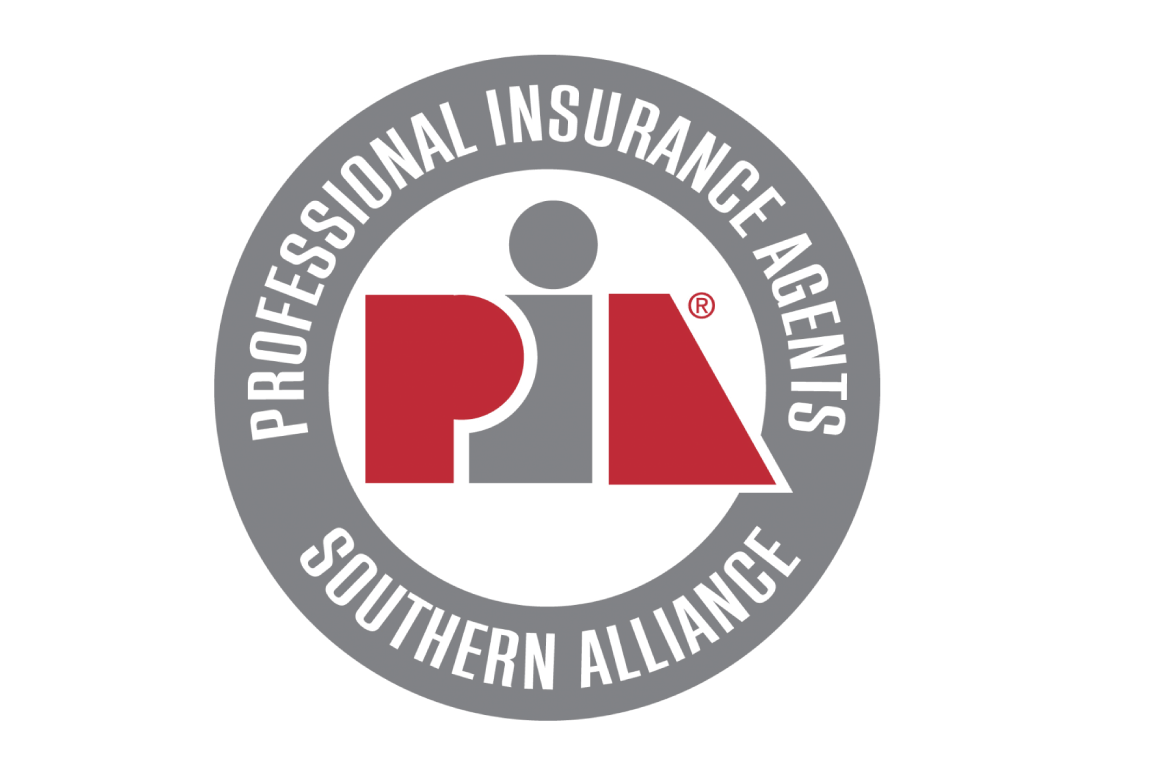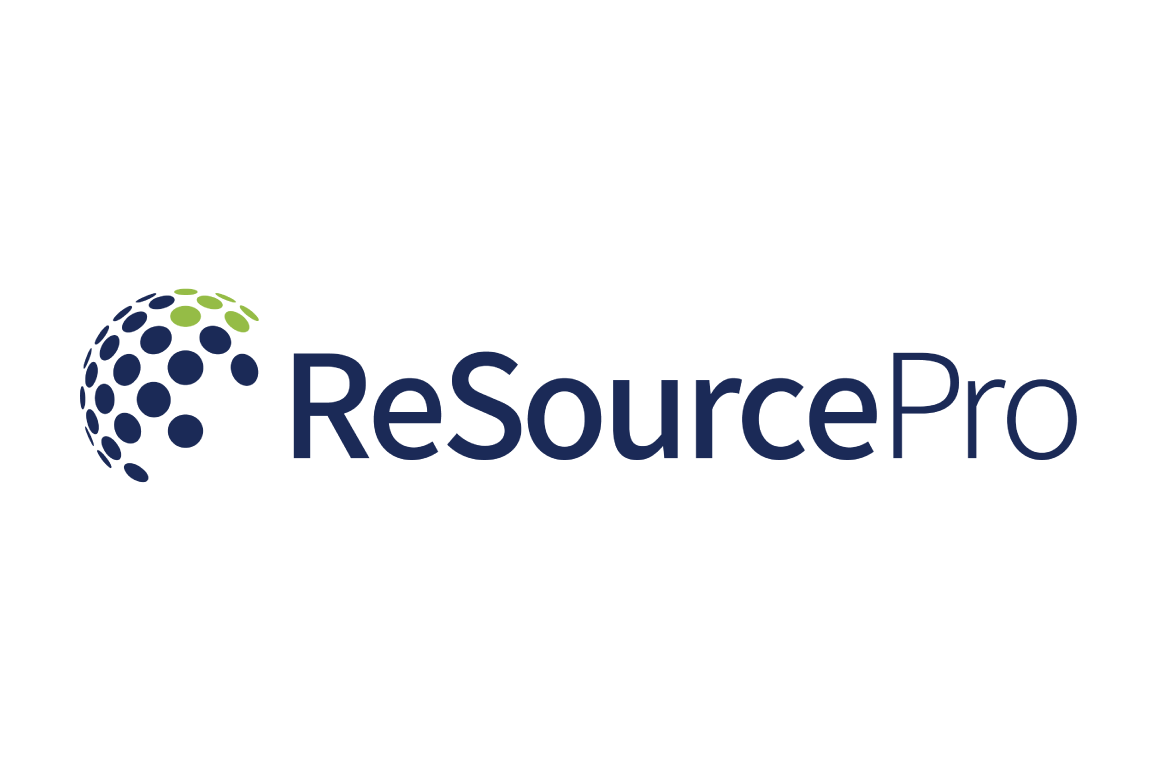By Carletta Clyatt, The Omnia Group, Inc.
Whether talented salespeople are born or made remains a topic of debate, with the answer undoubtedly lying somewhere between nature and nurture. Still, it’s a good question, and certainly worth exploring during the hiring process.
But darn-it, you’ve already made your hiring decision! In fact, your new salesperson has been on the job a few months, and with each passing day you become less confident he or she will meet the goals you’ve outlined. Let’s just admit it – your new hire is…struggling. But there’s hope!
Here are the top three reasons why this might be happening and (more importantly) what you can do about it.
Reason #1: Your Onboarding Process is Flawed
No matter how gifted your new salesperson is, an effective onboarding process is a must. In addition to learning about your agency and products and services, the new hire has to acclimate to a brand new environment that includes new policies, new procedures, and new people. All of this takes time and training, or to put it another way, good onboarding. Neglect this stage and you may be setting new hires up to fail.
Before your new superstar salesperson starts his or her first day, make sure you:
- Create a training plan. Who will be responsible for teaching the new salesperson and what are they expected to learn? What portion of the new hire’s education will be self-study? Are your training materials in order? Have you set clear expectations with current staff who will be working with the new hire? Nothing is more demoralizing than being “trained” by a grumpy coworker with their own workload and far too little interest in seeing a newbie succeed. Consider investing in some formal training, like The National Alliance’s Dynamics Master Sales Class, that will motivate, energize, and help the new hire ramp up quickly.
- Take care of the “little” things. Has your new employee been assigned an email address? Do they have the equipment needed for the job, such as a laptop, tablet, or cell phone? Is their desk adequately equipped with office supplies? What about an organizational chart or company phone list? These may seem like minor details you can worry about later, but such preparations will make new hires feel welcome and lay the foundation for a smooth transition into the new position.
- Touch base with HR. Even if your hiring process is highly decentralized, at some point your human resources department has to be brought into the loop. While you’re planning an orientation to the job tasks, HR can be planning an orientation to the agency at large, including an introduction to all that pesky but necessary paperwork, such as W-4s and I-9s.
It might be tempting to think your superstar new hire can be thrown into the mix and figure it all out, but even superstars need support or they may struggle. A solid onboarding process is a firm foundation for employee success.
Reason #2: No Mentor
Whether formal or informal, a mentoring program is a valuable addition to your new salesperson’s education as well as their acclimation to your company. A good mentor can introduce your new employee to all kinds of information about what you do and how you do it—and that’s in addition to industry knowledge and sales techniques. With a mentor, your new employee always has someone to tap into for advice or to ask that “stupid” question they’re too embarrassed to ask the boss.
A mentor isn’t a substitute for formal education or managerial coaching, but an enthusiastic one may be just the thing to help your new employee transition from “struggling” to stepping “firmly into the learning curve.”
Reason #3: The New Employee Isn’t a Good Fit for the Job
Because it’s so important, yet often so elusive, the idea of “hiring for fit” has been written about extensively. Typically, when we think of hiring for fit, we think of employing someone with traits compatible with the job tasks and the organization’s culture. So, what are the traits of every good salesperson? Well, that’s a trick question! The traits depend on the sales job. The smooth-talking, confidence-oozing, persuasive salesperson is one type, but there are other types who are arguably just as successful, if not more successful, than the “traditional” sales personality. In his book entitled Give and Take, Adam Grant writes at length about the “giving” personality and how these naturally unselfish individuals can make excellent salespeople because they listen more than they talk, offer sincere efforts to solve customer problems, and are good at building rapport, especially with customers inclined to be turned off by a more aggressive approach. The same can be true of the customer service folks with deep product knowledge. These individuals may shy away from “selling,” but they’re only too happy to share their know-how with customers in distress, leading to both happy customers and a fatter corporate wallet.
Having said all that, sometimes your new hire really isn’t a good fit. Whether it’s the pace, the product line, the pay, or the personality of the hiring manager, something might be “off.” In these cases, it may be better to cut your losses and move on. But before sealing the deal with a new hire, consider beefing up your hiring practices by reviewing your interview questions to ensure they focus on preferences and past behavior, and/or by adding a behavioral assessment to draw out your potential new employee’s behavioral traits.
Here’s the bottom line – If you find that your new salesperson is struggling, you have options that don’t automatically include letting them go. For example, even if the onboarding process was flawed, it may not be too late to begin doing now what could have been done then. Set aside time to educate the employee – both formally (to develop robust selling skills) and informally (to help them adapt to your corporate culture) and gather up the tools he or she needs to get the job done. If your company doesn’t have a structured mentoring program, who’s to say you can’t create your own by judiciously pairing a senior salesperson with your newer employee? Intervene wherever you can to get the results you want. That’s a win-win for both you and your soon-to-be-non-struggling employee!
About the Author: Carletta Clyatt
Carletta Clyatt, a popular seminar speaker, is the Senior VP at The Omnia Group. She offers clients advice on how to manage more effectively and gain insight into employee strengths, weaknesses, and behaviors. For more information about employee behavioral assessments, call Carletta at 813-280-3026 or email: Carletta@omniagroup.com.









